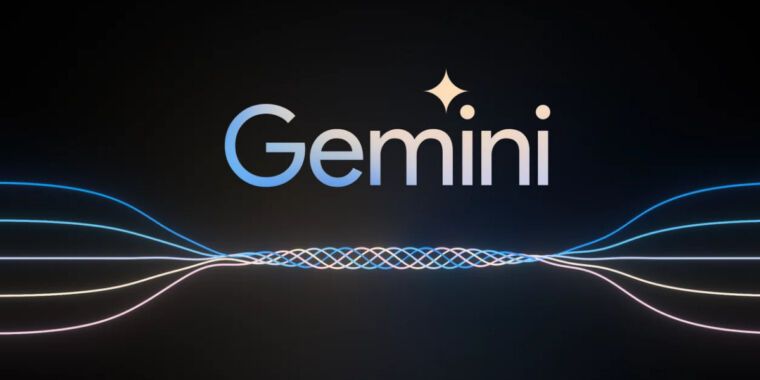Google’s Adjustment on AI Rollout to Pixel 8 Devices
In recent weeks, Google made headlines with a puzzling announcement regarding the rollout of its latest AI model, “Google Gemini,” to its latest smartphones, the Pixel 8 and Pixel 8 Pro. Initially, Google stated that only the larger Pixel 8 Pro would receive the new AI model, citing “hardware limitations” for the exclusion of the smaller Pixel 8. This decision seemed counterintuitive, given the AI-centric design of the Pixel 8 and the development of a smartphone-centric AI model called “Gemini Nano.”
Revised Rollout Plan
Amidst the confusion, Google has backtracked on its initial decision and revealed a revised rollout plan on the Pixel Phone Help forum. The company now states that the smaller Pixel 8 will, in fact, receive Gemini Nano in the upcoming quarterly Android release slated for June. However, there is a catch – while the Pixel 8 Pro will have Gemini Nano as a user-facing feature, the Pixel 8 will only have it available as a “developer option.” This means that most users will not have direct access to this feature on the Pixel 8.
Seang Chau, Google’s VP of devices and services software, shed some light on this decision in the “Made by Google” podcast. Chau explained that the discrepancy in AI model availability between the Pixel 8 and Pixel 8 Pro is due to memory constraints. The Pixel 8, with 4GB less RAM compared to the Pixel 8 Pro, presented challenges in enabling Gemini Nano without potentially degrading the user experience.
Technical Challenges and Trade-Offs
Chau delved deeper into the implications of running a large language model like Gemini Nano on smartphones. Notably, features like “smart reply,” which aims to auto-generate text responses, require the AI model to be resident in memory for instant access. This necessitates a balance between functionality and resource allocation, as keeping memory-intensive AI models loaded at all times could impact system performance.
As Google continues to explore the integration of AI capabilities into its devices, questions arise regarding the necessity and practicality of these features from a user standpoint. Despite the hype surrounding generative AI, the actual utility and impact on daily smartphone usage remain uncertain. Users may prioritize app performance and system responsiveness over AI-powered functionalities that consume significant system resources.
Conclusion
In conclusion, Google’s decision to revise the rollout of Gemini Nano to the Pixel 8 devices reflects the intricate balance between technological innovation and user experience optimization. As the boundaries of AI integration in consumer devices expand, considerations regarding resource management and user preferences become paramount. The evolution of AI-powered features on smartphones continues to shape the landscape of mobile technology, prompting users to navigate the trade-offs between enhanced functionalities and system performance.
Image/Photo credit: source url





